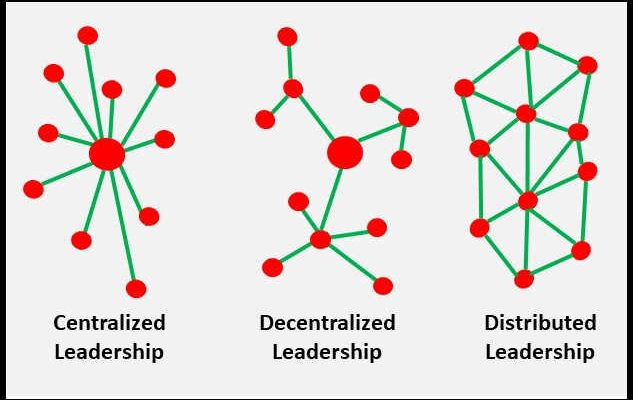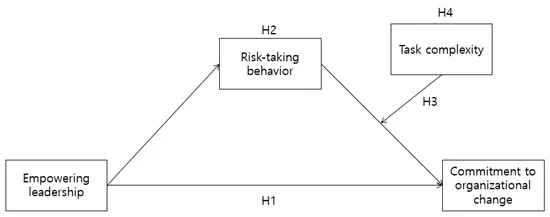Transformational vs. Contemporary Leadership Styles

Servant leadership, transactional leadership, and emotional leadership seem similar to transformational leadership. However, there are also some notable differences between these styles.
Servant Leadership
A servant leader shifts focus from his or her own interests to the people he or she serves.
The focus of servant leadership is not on the result, but on the means of achieving the result – primarily through expression and handling of other people’s needs. This assistance should be in the form of providing guidance in individual roles, empowering followers, and developing a culture of trust toward meeting organizational goals.
The concept of servant leadership, though popular and effective, has suffered tremendously because it has remained largely undefined. Some scholars have recently taken an interest in servant leadership and have attempted to make the theory more applicable at the organizational level. A side-by-side comparison between the transformational and servant leadership reveals relatively similar attributes; both styles of leadership are people-oriented.
Most notably, both types of leadership involve elements of integrity, trust, respect, delegation, vision, and influence on followers. Both leadership styles emphasize the appreciation, mentoring, recognition, and listening skills of the leader as empowerment tools for the followers.
However, there are certain points of departure between the two styles. While it emphasizes gaining trust and influencing followers, servant leadership calls for more sacrifice on the part of the leader. The pursuit of profits is secondary for the servant leader. Followers are more likely to have greater freedom under a servant leader than transformational leader.
Another principal difference is the leader’s focus. Though both styles call the leader to service, the servant leader’s ultimate focus is the follower, while the transformational leader’s greatest concern is to encourage followers to serve the organization diligently. The fundamental difference between the two styles is that the servant leader focuses on the followers’ needs, while the transformational leader focuses on organizational goals.
The servant leader’s followers achieve organizational objectives because they become the leader’s first priority. This is different from transformational leadership, where interests of the organization are the ultimate priority.
Charisma is a key ingredient for transformational leadership. Charisma refers to charm and power to inspire, motivate, and excite others. While transformational leadership relies on the leader’s charismatic power to achieve effectiveness, servant leaders create the same motivation and influence through the act of service, without grandstanding on the leader’s part.
While both styles of leadership are effective, there are risks attached to each. Both may fall prey to manipulation and corruption, since, with these kinds of leadership, the leader eventually garners some authority or power over the followers, which can be used for negative purposes.Some followers are too reliant on their leaders and establish strong links with them to satisfy their pressing dependency needs.
While both transformational and servant leadership may have negative applications, their benefits far outweigh these negatives.
Transactional Leadership vs. Transformational Leadership
Another historical leadership style is transactional leadership, in which a leader offers some valuable thing in exchange for the follower’s services. Most traditional relationships between leaders and followers are transactional, since most people believe “quid pro quo” (“something for something”) to be the ultimate purpose of negotiation. In such an arrangement, everyone is happy and thus there is no harm done.
The contract between employer and employee is mostly transactional.
Transformational and transactional leadership are different, but can complement each other occasionally, depending on circumstances. The combination of transactional and transformational leadership is best. Though it may be easy to augment transactional relationships, it is not possible to replace it with transformational leadership, since transactional leadership is also an effective motivation technique.
A transformational leader who fails to charm his or her followers will often resort to transactional leadership. Transactional leadership is a shortcut and is not as long-lasting as transformational leadership, because the reward promised may not always be available, but the charisma of the leader will never be depleted.
Transformational leadership transcends the transactional style. Motivation from within the follower produces powerful results.
Another trait of transactional leadership is “management by exception.” The active form of this type of management involves assessing employee performance and taking corrective measures where needed. In the passive form, the leader only intervenes where things have gotten out of hand. The last of the transactional traits is the laissez faire leadership, in which the leader allows employees to do as they like.
Emotional Leadership
Emotional leadership is loosely related to transformational leadership. Here, leadership involves tapping the leader’s emotional center to lead, where decisions are based on the feelings of the leader at the time. Some may assert that transformational leadership also involves a level of emotional influence. However, the two types of leadership are structurally different, because transformational leadership is, in essence, a rational process.
References
Transformational leadership is a theory of leadership that was developed by James Burns (1978), and has been written about by many other scholars since then. To read more of James Burns’ work on transformational leadership and other topics, click here to visit his Amazon.com page.





